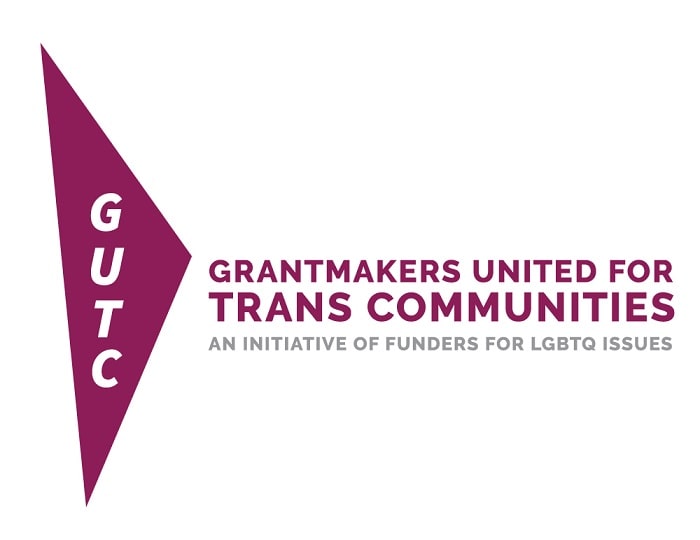
Proteus Fund is proud to sign on to the Grantmakers United for Trans Communities (GUTC) pledge, an effort to bring more philanthropic attention to and investment in the lives and wellbeing of transgender people and communities. GUTC is an initiative of Funders for LGBTQ Issues, which “aims to inspire a philanthropic culture that is inclusive and supportive of trans people through grantmaking and decision-making. We believe that we cannot achieve the fully representative democracy we seek without the inclusion of these communities, and recognize that philanthropy has an important role to play in addressing issues that impact transgender individuals.”
GUTC Project Director Luna Moreta Avila spoke about why this pledge is important and its potential impact.
I think we’re in a historical moment where we are unfortunately faced with balancing both the urgent need to fight back against the repression and moral panic about trans people being put into law around the country right now as well as the urgent needs that trans communities have been facing for many years now: housing, personal safety, meaningful employment, food security, and so much more. So our community-based organizations are stretching every dollar to somehow make it possible to do both, after years of stretching every dollar to meet the needs of rapid response to keep their communities safe during the beginning of the COVID pandemic. This need to do more and more with the same or even less funding is a growing crisis. Even before all of these bills, trans communities have been vastly underfunded: around the country, only $36 million is being given to trans organizations from the philanthropic sector, which is pennies compared to the amount of money resourcing other communities and projects. So there’s no shortage of urgent needs, but from my perspective, the true need is long-term investment. GUTC is a step toward that: a call for long-term philanthropic investment in trans communities and trans leaders within our sector.
I think that we, as a larger society, have decided that trans people and trans communities are expendable, or at the very least, a “special interest” or a community that isn’t statistically significant enough to warrant investment. And behind that are the biased assumptions that make us expendable: that being trans is a little wacky, out there, or on the extreme side of things, people see us as crazy or dangerous. The truth is that it can be easy to either write off or stoke fear about a small community that many people don’t interact with daily or have a personal connection to. Unfortunately, some of those assumptions are present within the philanthropic sector just as they are everywhere else in this country, making the voices and actions of our allies in philanthropy even more crucial. Philanthropy moves through ‘hot issues’ to fund at times. I’m happy that trans organizations have gained funding in recent years when trans communities were a darling of sorts for some funders. Still, as these attacks ramp up against our folks, we see how crucial it is to know that we’re still here and still require so much more investment in a way that’s long-term, especially black-led trans communities who are meeting so many community needs with even less resources.
The four key pieces of the GUTC pledge that we’re asking funders to commit to are:
1. Participate in trainings and professional development opportunities focused on supporting trans communities;
2. Improve our recruitment and retention of trans and gender non-conforming staff and board members;
3. Increase our grantmaking for trans communities with a commitment to trans-led organizations; and
4. Publicly express our support for and solidarity with trans communities.
These actions can look really different depending on a variety of factors about each organization, and our GUTC team is really committed to making sure that we’re able to come up with a plan to fulfill the pledge for each signatory in a way that’s achievable and has all of the support necessary to succeed.
I’m often struck by something that my predecessor in this role, our Deputy Director Alex Lee, mentions: when GUTC started, he could count the number of trans people within the sector on his hands. This wasn’t decades ago; it was 2017! So I hope that GUTC continues to create a long-term cultural shift within philanthropy that makes it a sector in which trans leaders feel supported to bring their brilliance, vision, and creativity and really shine alongside their peers. And I hope it also helps funders see just how crucial their dollars and their voices are to the continued safety and well-being of trans communities around the country. I’m so excited to continue to dream up new ways to make this possible with each of our signatories!